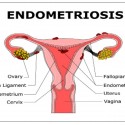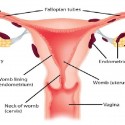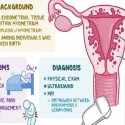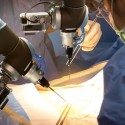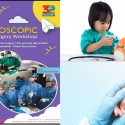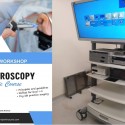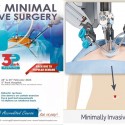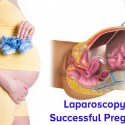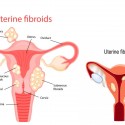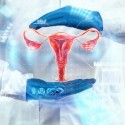Treatment of Endometriosis in Nairobi

24 Jul, 2018 5:12 PM
ENDOMETRIOSIS is a disease in which the endometrium (the tissue that lines the inside of the uterus or womb) is present outside of the uterus, typically involving abdominal cramps and painful menstruation in women. ENDOMETRIOSIS is the leading cause of PELVIC PAIN and INFERTILITY in women. It is predominantly common in women of reproductive age, with 50% falling in the 29-39 age range, and about 25% of women being asymptomatic. The associated symptoms can have potential impact in general physical, mental and social well-being on the affected women.
If left untreated, ENDOMETRIOSIS can progress and become severe, which can lead to other conditions such as infertility and increased risk of certain cancers. Endometriosis is rarely found in girls before they start their period, but it is seen in up to half of young girls and teens with pelvic pain and painful periods.
Symptoms of Endometriosis
Women with endometriosis can experience the following
• Chronic pelvic or lower abdominal pain
• Blood in the urine
• Pain with urination
• Abnormal vaginal bleeding
• Severe pain with menstrual periods (dysmenorrhea)
• Pain with sexual intercourse, (dyspareunia)
• Pain during bowel movements (dyschezia)
• Ovulation pain or cyclical (perimenstrual) with or without abnormal bleeding
• Bowel and bladder bloating or constipation
• Infertility - difficulty getting pregnant
• Chronic fatigue
• Lower abdominal pain
• Psychological suffering
The above symptoms have a negative impact on the overall quality of life of women with endometriosis, including their social life, sexual relationships, and work and study productivity, with remarkable social and economic costs involved.
For comprehensive, compassionate and individualized diagnosis and treatment of Endometriosis, book an appointment at DR YAMAL’S CLINIC – the leading Gynecology and Obstetrics clinic in Nairobi, Kenya. We perform laparoscopy to visualize and biopsy suspected endometriosis lesions, while observing mutual respect and sensitivity to our patients’ preferences.
How about hysterectomy?
Well, if a woman with endometriosis is not interested in becoming pregnant, she and her doctor may decide to remove the uterus and possibly the ovaries if other treatments are ineffective. Almost 40% of women with infertility have endometriosis. Inflammation from endometriosis may negatively impact the function of the ovary, egg, fallopian tubes or uterus.
Treatment of Endometriosis
We apply a pragmatic and reasonable approach to medical treatment for endometriosis. Related pain should involve a realistic balance with a long-term view between efficacy, safety, tolerability, and costs, considering women's treatment preferences and their wish for pregnancy.
We highly recommend medical treatment of endometriosis since it ameliorates painful symptoms of the disease and, consequently, reduce the negative impact on quality of life and on mental health of the suffering woman, encourage fertility, eliminate endometrial lesions, and restore the anatomy of the pelvis.
If a woman with endometriosis is having trouble getting pregnant, there are different medications and treatments available that can help her to become pregnant. Depending on the diagnosis results, the treatment of endometriosis can be done either via removal (excision) or burning (fulguration) of endometriosis lesions or surgery (removal of scar tissue) to alleviate pain and relocate the ovaries and fallopian tubes to their normal position in the pelvis.
Is endometriosis cancer?
No, endometriosis is not a type of cancer. However, some research suggests that women with endometriosis may be at a slightly higher risk of developing certain cancers. If you are at risk of gynecologic cancer, please talk to your healthcare provider.
Get in touch with us for diagnosis, treatment and more information on Endometriosis and Fertility
Our Contacts:
Dr Yamal's Clinic
Doctors Park, 4th Flr, Suite A4, 3rd Parklands Avenue, Parklands, Nairobi
Mobile: 0700 774013, 0728 111181, 0735 477069
Uterus Cervix Fallopian Tube Bladder Ovary Endometriosis Gynaecologists Hysteroscopy High Risk Pregnancy Adenomyiosis Fibroids Infertility Laparoscopy


